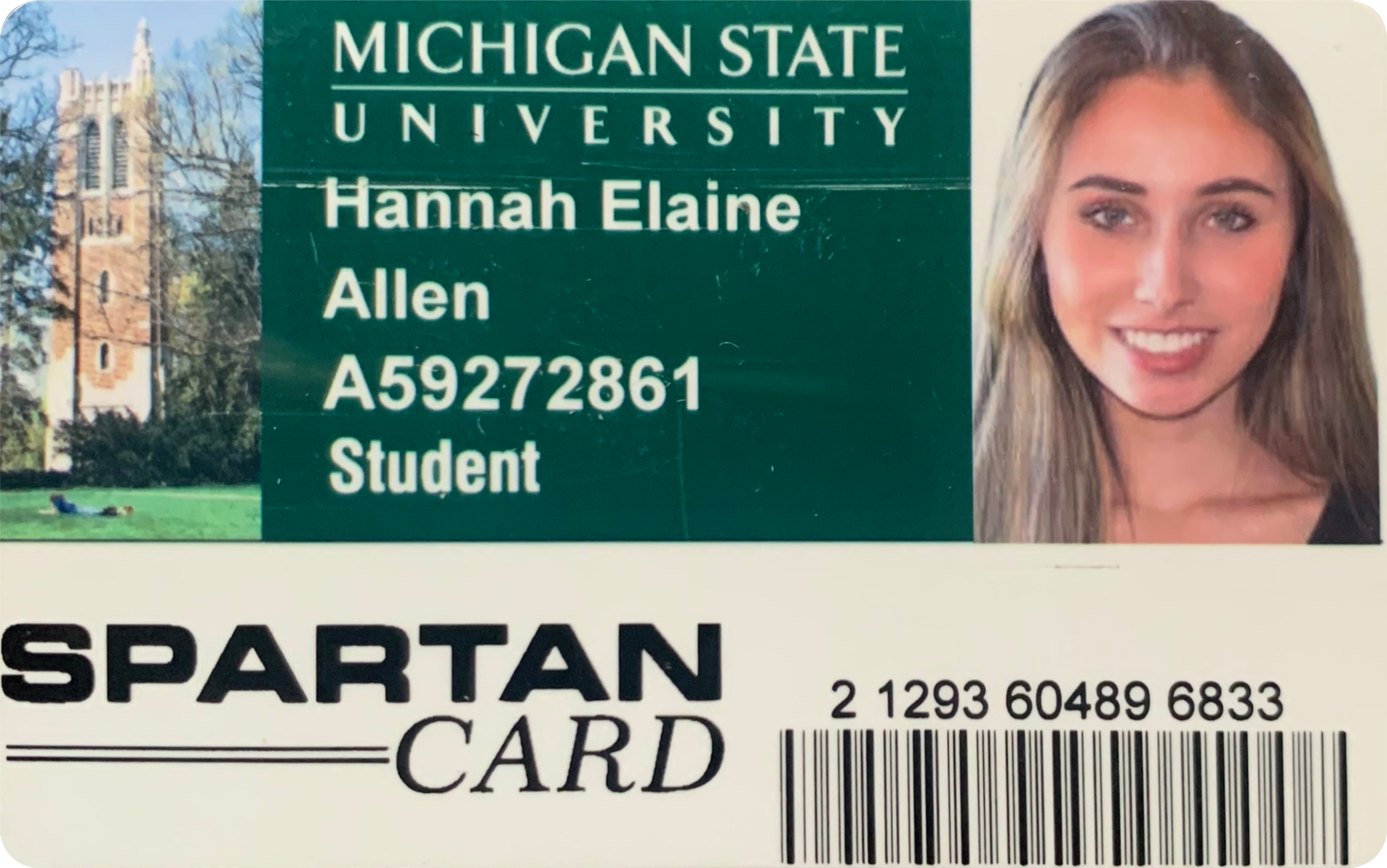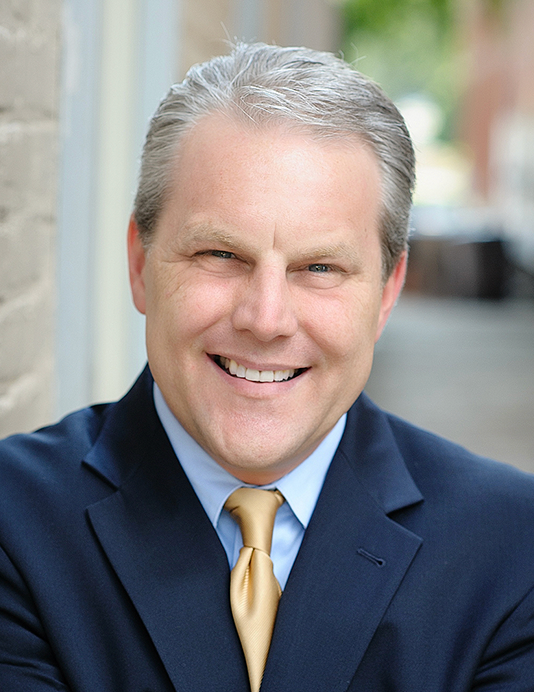Our Story
Hannah was serious and self-disciplined, determined to earn top grades in all her classes– without parental pressure. She was a senior, less than a year away from earning her BS in political science. After a few internships at law firms, though, she decided she would prefer to go into marine biology, a less stressful career, which likely meant 2-3 more years of school. It is not unusual for people to make many career changes. We were supportive of whatever career would bring her joy and the opportunity to contribute to society. At 21 years of age, by law, our daughter had a lot of freedom. On the outside, she was an exceptional student, beautiful, popular and had a loving boyfriend. But on the inside, she suffered from overwhelming depression, fear of the future and darkness that only a few close friends knew about. Life had become too difficult for her to imagine a path forward. But God knows we will stumble along life’s path and will always provide a way forward when we ask for his guidance. This was not His design for her life. He had much better plans for her. (Jeremiah 29:11) Thankfully, we are confident that she is in heaven and at peace now.
Unbeknownst to us, Hannah had dropped all her classes at the end of September. We only found out when MSU’s AVP for Student Life and Engagement reached out to offer his condolences. He said it is unlikely that an advisor even called her to check in after she dropped her courses – it is not policy. We discussed how important this is for our students’ welfare, especially since parents are not notified due to HIPAA/ FERPA privacy laws. He said he would discuss it with the board, but it is difficult for advisors, already overwhelmed with student appointments, to reach out, due to the high volume (an average of 40%) of students who drop out of college annually for many different reasons. This is an opportunity for Life Gets Better to reach out to these young adults to ensure they have a solid path planned for their lives or refer them to professional guidance if needed.
Hannah had told us very recently that she felt depressed, and we highly encouraged her to seek counseling therapy and made plans to visit her. She started on an antidepressant which seemed to help her, but she later stopped without telling anyone. We learned too late, at her funeral actually, that Hannah had discussed suicide and even potential methods of suicide with several of her closest friends, who also encouraged her to seek counseling. She asked them not to tell anyone, especially her parents or counselors – saying she’d be too embarrassed. They thought their friendship and love for her would be enough to save her. Tragically, it was not.
Please pay attention to each word spoken about suicide, even as a joke. We need to cultivate a culture in which we are honest and open with each other about our struggles with mental health. Speaking about it takes courage, but it can save your life or someone else’s, preventing all of this deep pain and helping create a better life for your loved ones. Someone who speaks about suicide, even jokingly, should see a counselor. It is normal for everyone to have a very serious mental health issue at some point in their life. Counseling services provide another perspective and help people see solutions they cannot see on their own.
We were shocked by Hannah’s death. We were also surprised to learn that suicide is the third highest leading cause of death among college students, according to the Centers for Disease Control and Prevention, for the year 2020. An average of 100 college students die of suicide per month in the U.S. alone. Countless others fail at their attempt. The COVID-19 pandemic has dramatically increased feelings of loneliness, helplessness and lack of hope for a good future.
We share this information to inspire you to stay in close contact with your student(s) and to take brave steps to ask directly about their mental, emotional, physical and spiritual health. Your student(s) may not understand the need for the questions and may not take them seriously at first. If they push back, please tell them our story and about your concern so that they know that no matter how dark it feels, there is always hope, always help, and always a better future that can be created. Sometimes we just need a little help to see it. We wish we had figured out a way to have this crucial conversation with Hannah and had weekly check-in phone calls – to stay in closer touch and informed about her mental and physical well-being. We didn’t think this could happen to her, to us. Statistically speaking, it will happen to some of you reading this. Please take it seriously. If you think your student needs help and you don’t know what to do, call or text the new Suicide and Crisis Lifeline, 988 or seek professional guidance.
It’s likely someone reading or hearing Hannah’s story has the same idea of ending their life. Please don’t. If you’re thinking about ending your life, you’re in a mental place where you can’t see hope and solutions. But others can, and they will help you if you take just one step and reach out. The easiest thing to do is to call or text 988. It is set up first to help you. But it’s also a source of help for each of you when you hear of someone struggling and are unsure what to do.
If you or someone you know may be struggling with suicidal thoughts, you can confidentially call or text the Suicide and Crisis Lifeline at 988 to reach a state-specific helpline based on your area code. Or, contact the national Suicide and Crisis Lifeline at 800-273-TALK (8255) any time, day or night.
Crisis Text Line also provides free, 24/7, confidential support via text message to people in crisis when they text TALK to 741741.





